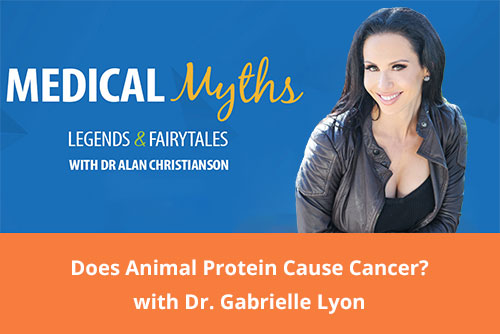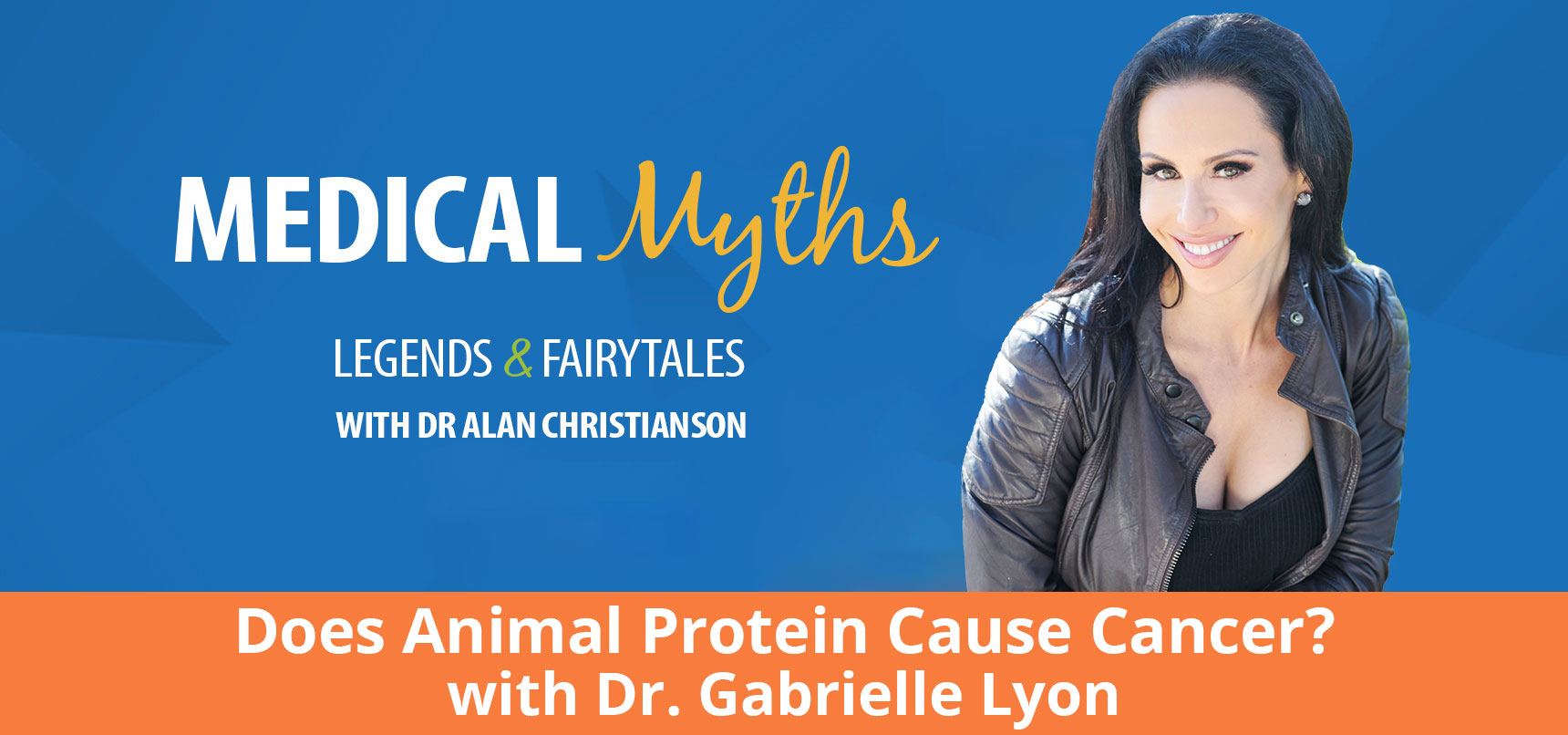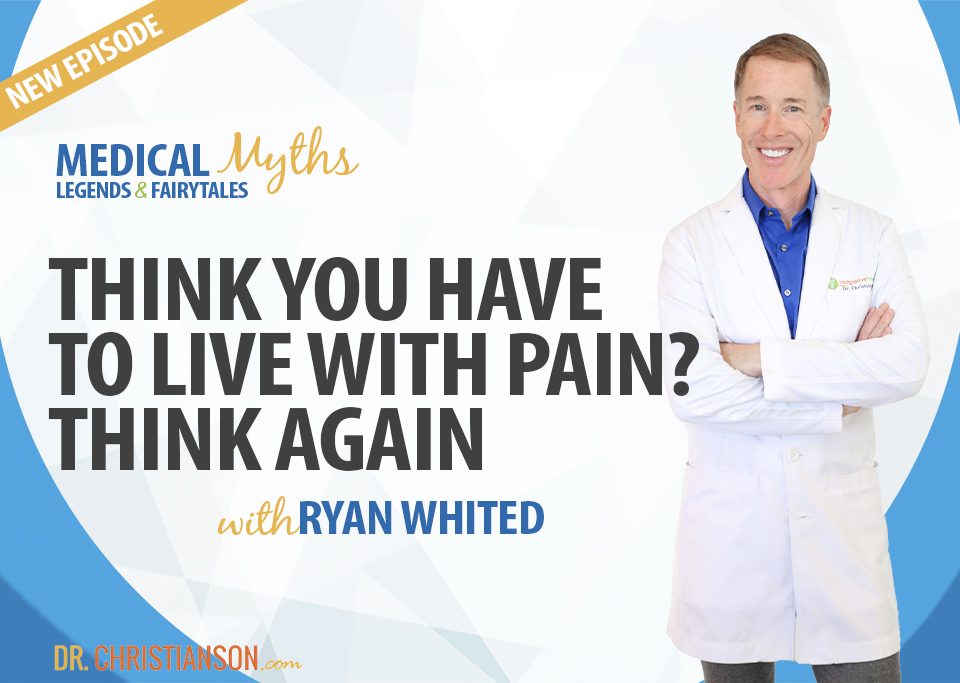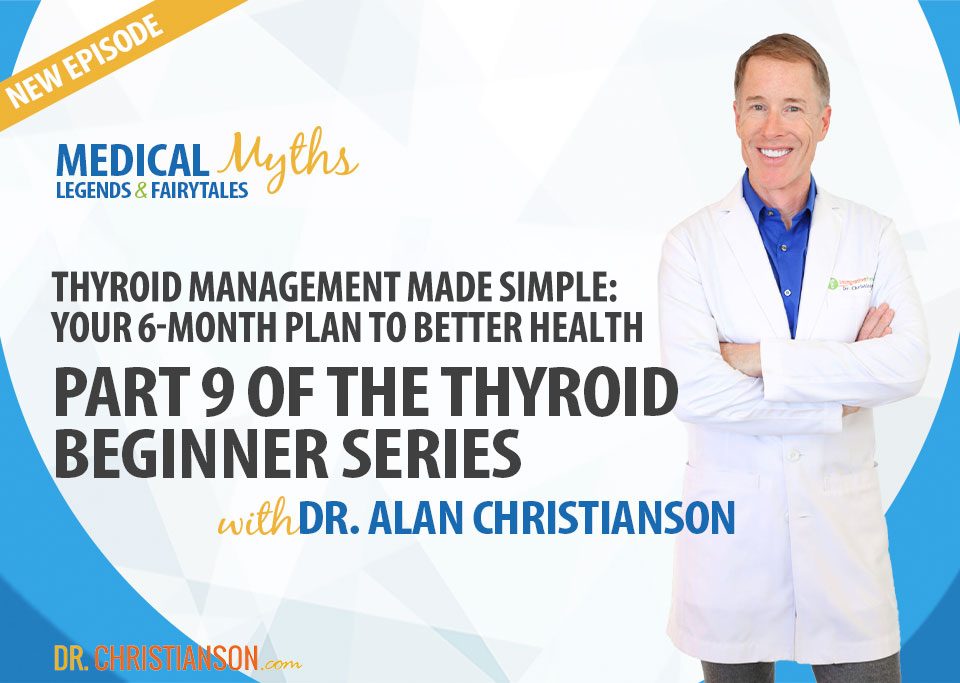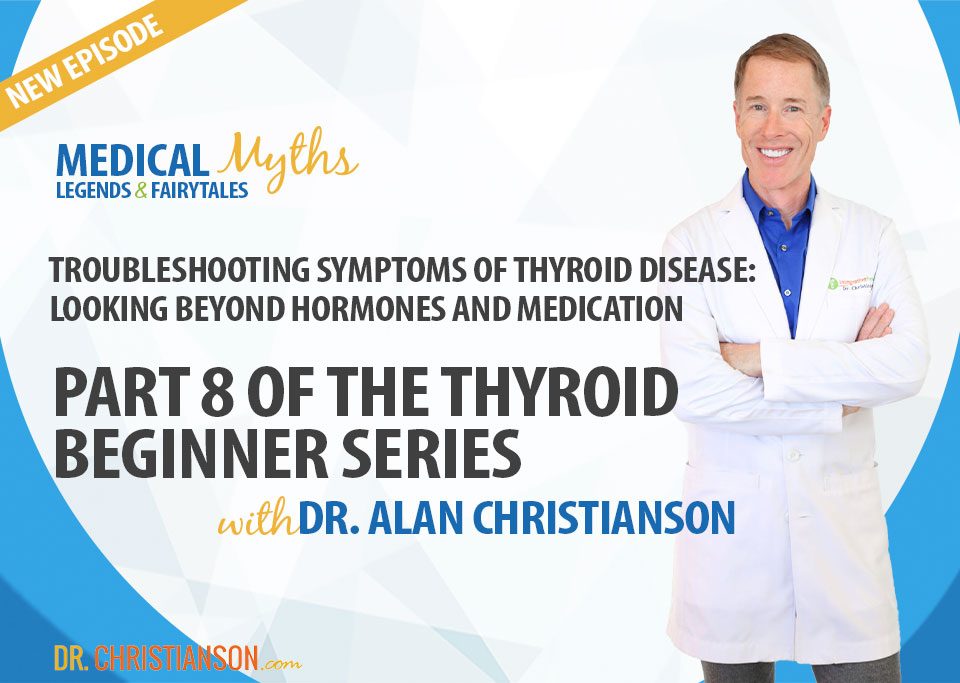Podcast – Does Animal Protein Cause Cancer? with Dr. Gabrielle Lyon
Description: Between the latest online fads and the crazy media headlines, it’s easier than ever to get confused about your health. If you want to make better decisions about your health today so you can feel better and live longer, you’ve come to the right place.
Do animal proteins cause cancer? Are they dangerous? Many popular views and diets including the keto and paleo diets say that animal proteins should be reduced or eliminated for various health reasons, while other evidence shows that the health benefits of animal proteins outweigh the risks. We’re going to dive deep into this critical topic today to figure out exactly how much protein is too much, what happens to muscle mass when you limit protein intake, and how protein affects overall health and wellbeing.
I’m joined today by Dr. Gabrielle Lyon, a fellowship trained physician and expert in nutritional science and geriatrics to discuss the facts about protein. We talk about the truth behind some of today’s most popular claims about protein, the negative effects of experimentation with macrobiotics, and the “clean meat” movement of the future.
Key Takeaways:
[1:10] Today’s topic is animal protein — does it cause cancer? Do the health benefits outweigh the risks?
[2:55] Dr. Christianson introduces Dr. Gabrielle Lyon, who has trained under one of the world’s leading experts on protein and begins by clarifying the facts behind protein and cancer.
[6:05] Questions you need to ask yourself when engaging in conversations about the relationship between food intake and cancer.
[7:45] Understanding mTOR stimulators, animal proteins and their link to obesity and cancer.
[12:18] Shifts in trends of protein intake based on NHANES data show that average muscle mass is dangerously low despite an increasing need as people age.
[15:41] Why would a change in protein affect body composition and obesity? Dr. Lyon explains the link between protein intake and the need for increased muscle protection.
[17:57] The protein leverage hypothesis provides clarity to Dr. C’s experience with exhibiting eating disorder-like symptoms when he was lacking protein in his diet.
[21:58] Is protein carcinogenic? Dr. Lyon offers clarification about claims from The China Study.
[24:09] Understanding risk ratios of cancer and protein intake as well as the potential effects of under intaking protein.
[26:59] Vegetarian? Vegan? Dr. Lyon gives dietary suggestions for meeting protein needs from plant-based foods and a gram guideline for protein intake for every dietary style.
[32:03] Healthspan vs. lifespan — understanding the value of arriving at old age in the best health possible, and how you can make a high quality life happen.
[34:07] Low-protein, five-day modified fasting programs are hugely popular right now, but how do they really affect overall health?
[40:04] There is no doubt that higher muscle mass positively affects health throughout ageing, and Dr. C. notes the increased vulnerability of women to such detrimental conditions.
[43:05] A deeper look at the clean meat movement, sustainability, and the true correlation between cows and the greenhouse effects.
[49:10] The biggest reason Dr. C. believes the clean meat movement won’t catch on anytime soon might surprise you.
[53:19] Genetic variability, soy, the effectiveness of extreme dieting and why it just doesn’t work for everyone.
[55:04] Dr. Lyon wraps up with a summary of the conversation and encourages listeners to take an objective look at poor science and agenda-driven information.
[58:28] Do you have a topic you’d like me to cover? Contact me on Facebook or Instagram using #medicalmyths.
To learn more:
Doug Patten Jones dietary protein recommendations
Clean Meat: How Growing Meat Without Animals Will Revolutionize Dinner and the World by Paul Shapiro
Tweetables:
”When conversations turn to protein and cancer we really have to take a perspective that is evidence-based instead of fear-based.” — Dr. Gabrielle Lyon
“When we look at cancer, it is absolutely not a protein issue. It’s an excess calorie, excess insulin issue.” — Dr. Gabrielle Lyon
“It can get very confusing when individuals are making recommendations that we absolutely know are detrimental to human health.” — Dr. Gabrielle Lyon
“When it comes to our lifespan and our healthspan, we only get one shot at this.” — Dr. Christianson



